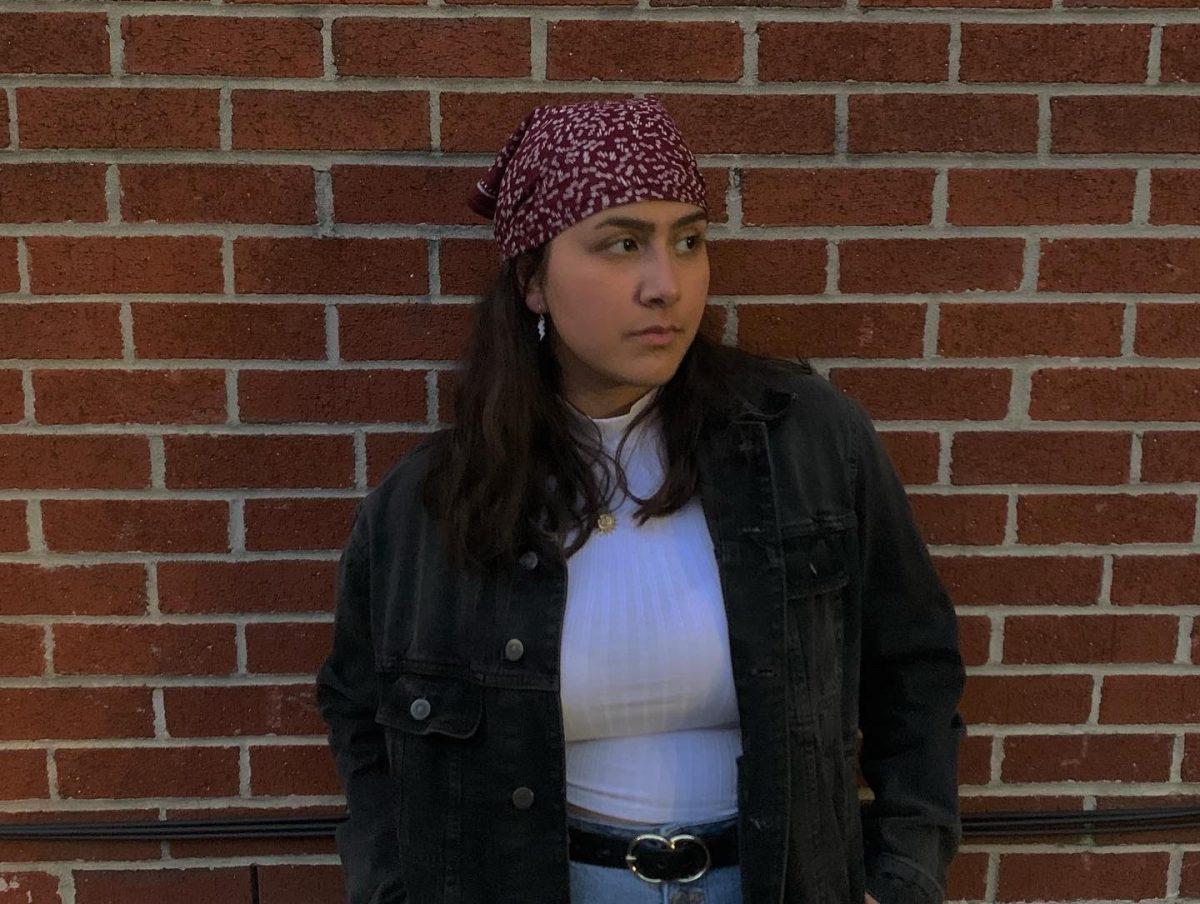It was June 2015 when I first learned of “Girls Like Girls” by Hayley Kiyoko. I watched the music video an obscene amount of times. I was full of longing for this kind of experience. The song made sense to me because I could relate — I could finally understand; it’s true as the lyrics exclaim, “Girls like girls like boys do, nothing new.”
All of it made me wonder if there was ever a reality where I could have a relationship with another girl — one that was free of sexualization or belittling. Seven years later, I know I am as free as ever, but sometimes, I still feel weighed down. Whether it be thoughts of internalized homophobia from myself or homophobia from outward settings, in a sense, it isn’t as easy as people like to make it out to be.
Too often, I hear straight women equate my experience to something they want so bad. “I wish I was a lesbian so bad! I hate men! Women understand women so much better,” and the rest of that garbage. I won’t disagree, it’s nice to not have to worry about dating men or having them involved with my intimacies. Unfortunately, this is much easier said than done, and my sexuality isn’t a choice either.
For a long time, I even resented being called a lesbian. I would come out as gay and resorted to being called gay or queer because it was the safer option. Thankfully, I’m not the only lesbian who’s suffered from this, as the term, “lesbian” has been demonized throughout media but also incredibly fetishized by straight men. It certainly doesn’t help that straight women on TikTok parade themselves around while kissing their best friends in clubs, at parties and other social events for male attention. For some ignorant individuals, my sexuality and identity are merely regarded as a porn category and not worth the same respect as a heterosexual couple.
The lesbian experience is incredibly isolating on its own. Whether it be defending my sexuality from the harassment of men or having to argue that my relationship deserves the same respect as heterosexual ones, the baggage of being a lesbian lingers on. I’ve unfortunately had to learn a lot of things while being in a lesbian relationship, especially ways to keep myself safe.
Being in a gay relationship means avoiding intimacy in public to avoid harassment. It means sneaking a kiss or a hand touch to remind each other you’re having a good time. It means wishing waitstaff didn’t think twice to give you your check or treat you like a couple instead of solely friends. It means being asked, “How’s your friend?” and having no clue this person actually refers to your partner of your long-term relationship. Being in a gay relationship is living with the constant worry about you and your partner’s rights, especially in regard to marriage and protections under the law.
It also doesn’t help that media representation of lesbians and their relationships are far and few between. Film and media scholars alike recognize the “Bury Your Gays” trope which refers to the overwhelming amount of gay characters that have been killed off, seemingly for no reason other than to further the plot. According to Autostraddle, over 225 lesbian and bisexual characters have been victims to this trope. It’s not enough that lesbian and bisexual characters survive their roles, LGBTQ+ individuals deserve complex storylines, period.
I am proud of the person I am today. When I applied to NC State, I told my coming out story in my personal essay. As I wrote it, I remember how my hands trembled at the thought of admissions staff reading it. It wasn’t easy to be as honest as I was, and even now, penning this is incredibly difficult.
As anti-trans and LGBTQ+ legislation racks up across the U.S and across our state, it is time for fierce advocacy and to fight for our existence. There are many resources available through the NC State GLBT Center and Raleigh’s LGBT center for LGBTQ+ students and allies alike. With pride month coming to a close and the impending fear that SCOTUS may discuss same-sex marriage, I offer this advice to LGBTQ+ students at NC State — be safe, be smart and remember that no one can diminish your sexuality and identity.














